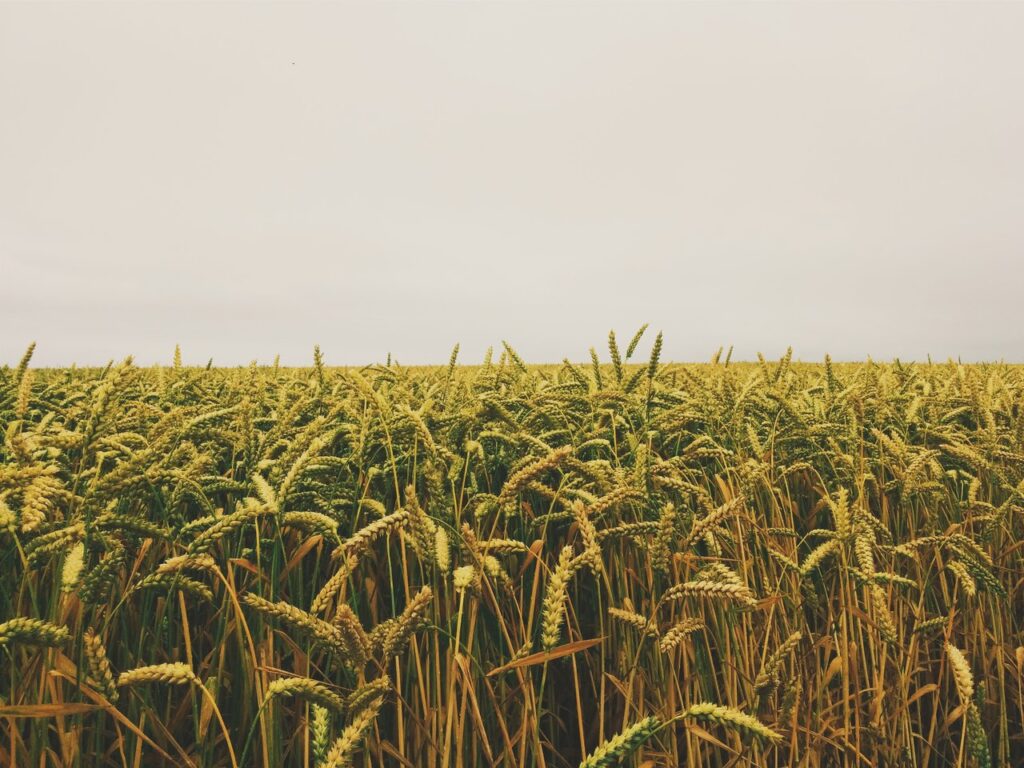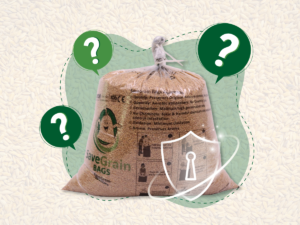India is an agricultural country. Agriculture not only contributes to the country’s economy, but also provides livelihood to a majority of the rural population. It’s also the cornerstone for providing food sustainability and security. Different types of crops require different agricultural practices. Both cash crop and food crop farming may involve the same crops, but the intention differs.
What are cash crops?
Grown with the intent to generate money, cash crops are either consumed directly or used as raw material by the manufacturing industry. Such crops help generate revenue for agricultural households by being commercially viable. The most common types are cotton, tea, coffee, cocoa, spices, etc.
How are they different from food crops?
Food crops are crops grown with the intent of human domestic consumption. So the farmers grow just what is enough to meet their personal needs. Fruits, vegetables, cereals, tubers, legumes are the common food crops. Cultivating food crops generally involves no commercial aspects.

Cash crops are often grown specifically for the international markets. Hence, a lot of effort goes into increasing their yield, using pesticides and fertilizers. There are strict policies in place to regulate the quality of cash crops, with emphasis on increasing productivity. This isn’t generally the case for food crops.
Why are cash crops important?
In developing countries like ours, cultivation of cash crops is pivotal in garnering economic sustainability for the farmers and food security for the society as a whole. Their importance can be perceived in the following aspects:
- Farmers: Cash crop farming helps generate greater profits for farmers, improving their standard of living. It also helps create more job opportunities in the agricultural and agro-based sectors, boosting the overall economy. This provides stimulus for agricultural innovation, increasing the capital for agricultural investment and rural development.
- Food security: As the human population expands, the food demand will grow alongside it. It becomes imperative then to find ways to cope with that demand. Since farming such crops focuses on maximizing yields as well as the quality of produce, it is an important step towards attaining global food security.
- Environment: The future of cash crop farming is based on the concept of sustainable agricultural intensification, which aims at combining increased agricultural production with protection of the environment. This involves preserving soil fertility, biodiversity and other ecosystem services, by using techniques such as micro-dosing of fertilisers, inter-cropping, genetic crop improvements, etc. Lowering the environmental footprint is the only way to ensure long-term food security.
The potential risks of farming such crops
Since the investment in cash crop farming is huge, it comes with inevitable risks that can affect its marketability. These include:
- Soil degradation, affecting both the quality and quantity of produce.
- Lack of uniformity in quality.
- Price variability in different markets.
- Harvest failures due to droughts or pests.
- Loss of market access, such as in a pandemic. With countries under lock-down and restriction of interstate transport, farmers should stay away from such crops as it wouldn’t be possible to transport them to their desired markets in due time.
Such risks can have serious repercussions for the food security status of cash crops as well as on the agricultural economy.
Diversification of cropping patterns and proper storage of cash crops can help to mitigate some of these risks.
How to store cash crops better?
Leveraging hermetic technology will allow farmers and business alike to store cash crops properly. Hermetic storage methods protect crops not only from unfavorable climatic conditions but also from infestation by pests and insects, reducing post-harvest losses.
Storing cash crops properly can allow such crops to retain their pure quality, maximizing their market value. Hermetic storage technology is especially beneficial for cash crops such as tea, coffee, cocoa, spices etc which are more susceptible to damage by exposure to oxygen and moisture.
Save Grain Bags offers hermetic storage bags, which help preserve both the quality and quantity of cash crops optimally. This ensures the contribution of cash crop farming towards achieving food security.






